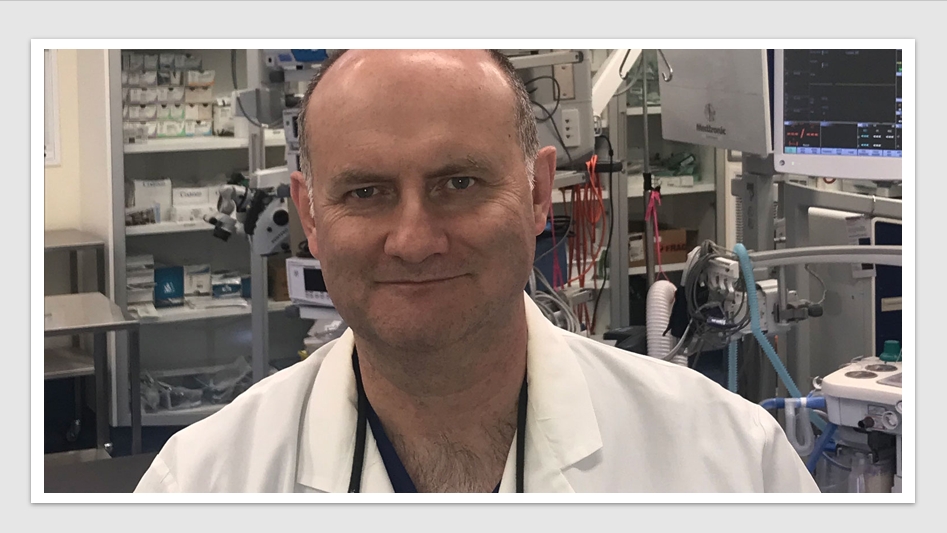Marketing & Strategy
TGA cracks down on social media marketing of medicines, surgical implants and more

Marketing & Strategy: The Australian Therapeutic Goods Administration (TGA) has released a social media advertising guide, cracking down on social media influencers promoting health products such as prescription medicines, vaccines, blood products, surgical implants, bandages, vitamins, sunscreen and skincare.
Dr Ian Musgrave, senior lecturer in the Faculty of Medicine, School of Medicine Sciences, within the Discipline of Pharmacology at the University of Adelaide, said “Social media is now a major way people get their information, and an important group on social media is so-called influencers, people with substantial followings on social media whose opinions can sway large numbers of these followers into action. When these opinions are about fashion or music no societal harm is done, but when it comes to medical or pharmaceutical opinions there is the potential for harm. People can be encouraged to substitute effective medication for ineffective or potentially harmful treatments. The COVID pandemic has highlighted how ineffective or harmful treatments can be promoted on social media.
“Until now social media influencers have been largely left alone, but now the TGA has stepped in. Any treatment that makes a therapeutic claim is regulated by the TGA, and there are strict rules around the advertising of therapeutic goods. Now the TGA is turning its attention to influencers, who from July 1 will be banned from promoting health products if they are paid or incentivised, including receiving gifted products. While this may seem heavy-handed, advertising therapeutics, even ones as innocuous as sunscreen, requires high ethical standards.”
Dr Catherine Archer, senior lecturer in strategic communication and social media researcher at Murdoch University, added “The TGA ruling is long overdue. The rise of influencer marketing has been largely unregulated (with only some industry ‘codes’) in Australia for too long. Unfortunately for the influencers, health and related products/services are where many of them make a lot of their money, so there will be pushback. Already we have seen some say that they should be paid for things like sunscreen as it is a ‘community service’.
“Having researched this space for 10 years, and recently conducting interviews with influencers who have been working in that space for the same length of time, the need for more enforceable guidelines is obvious.”
You may also like: Transforming ‘channels’ in HCP-pharma engagement – second in a series
Dr Marc Cheong, senior lecturer in Information Systems (Digital Ethics), The University of Melbourne and Honorary Burnet Institute Senior Fellow, commented “The move by the TGA to crack down on social media influencers promoting health products is an interesting case in the field of digital ethics.
“In today’s social media landscape, social media ‘influencers’ can amass a huge following, thanks in part to the asymmetric nature of these social media platforms as well as algorithmic personalisation and recommender systems. In effect, these factors contribute to social media’s ethos of ‘optimising for engagement’.
“Influencers can engage their audience with rich media content which may include product endorsements and giveaways. Due to their extensive potential for engagement, which is well beyond those of a typical non-celebrity social media user, influencers thus have a greater responsibility (or ethical duty) to avoid any (unintended) harm that their product endorsements can cause to their followers. This includes any possibility of harm to one’s health as a consequence of endorsing a health-related product, given that influencers may not have the medical expertise to scrutinise said product in its entirety. Hence, TGA’s basic advertising rules are a step in the right direction, to guide influencers in ‘doing the right thing’.”
News & Trends - MedTech & Diagnostics

Roche Diagnostics MD bids farewell after two-decades, leading the organisation to new heights of success
Diagnostics & MedTech News: The Managing Director of Roche Diagnostics Australia, Allison Rossiter, has announced her resignation, effective September 2024. […]
MoreNews & Trends - Pharmaceuticals

Is Australia ready to play a leading role in precision nuclear medicines?
Pharma News: A newly released discussion paper unveils Australia’s preparedness to take the helm in the rise of the global […]
MoreNews & Trends - MedTech & Diagnostics

Minimally invasive procedure a first in epilepsy treatment
MedTech & Diagnostics News: An Australian-first procedure utilising MRI-guided, minimally invasive surgery has been introduced for the treatment of epilepsy […]
MoreNews & Trends - Pharmaceuticals

Stakeholders unite in international call to tackle breast cancer gaps and inequities
Pharma News: Breast Cancer Network Australia (BCNA) has united in an international call to raise breast cancer care standards and […]
More